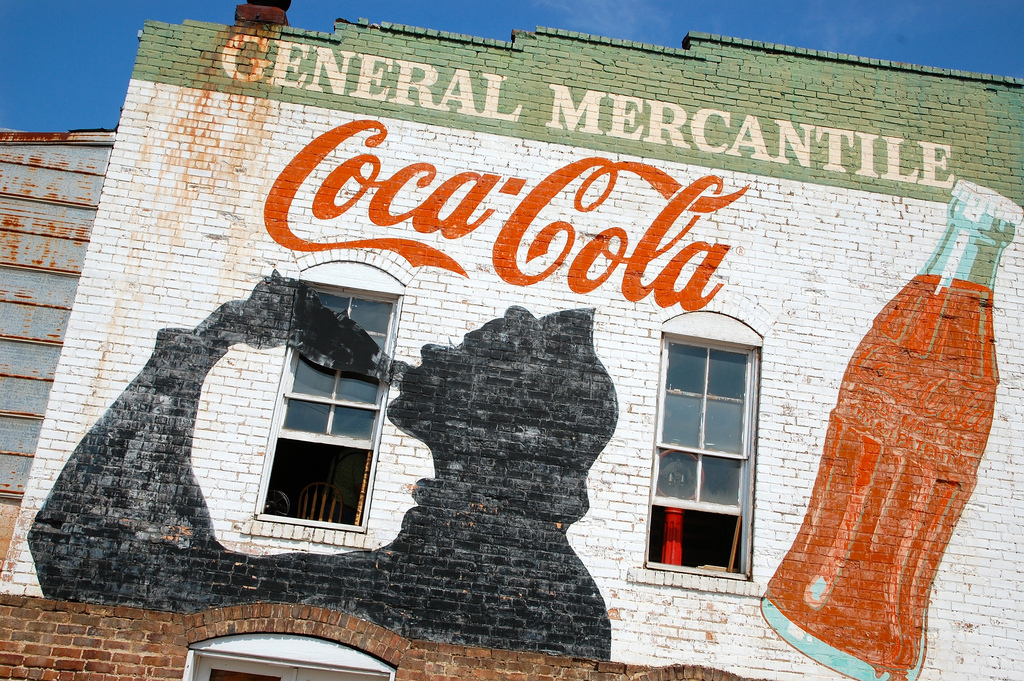
Journalists Fail to Reveal Sources Funded by Coca-Cola: A Short Report
During the investigation and subsequent collapse of the Coca-Cola front group Global Energy Balance Network, the New York Times and Associated Press discovered that prominent university professors working on obesity issues had been funded by The Coca-Cola Company.
This is not just a public health scandal. It is a journalistic one as well.
Journalists have quoted two of these professors at least 30 times in news articles, after the professors had received their Coca-Cola funding, but without mentioning that funding in their articles. Many of the news outlets that published these articles are influential, such as The New York Times, Washington Post, Los Angeles Times, USA Today, Boston Globe, The Atlantic Monthly, U.S. News and World Report, Newsweek and National Public Radio.
December 14, 2015 | Source: USRTK | by Gary Ruskin
During the investigation and subsequent collapse of the Coca-Cola front group Global Energy Balance Network, the New York Times and Associated Press discovered that prominent university professors working on obesity issues had been funded by The Coca-Cola Company.
This is not just a public health scandal. It is a journalistic one as well.
Journalists have quoted two of these professors at least 30 times in news articles, after the professors had received their Coca-Cola funding, but without mentioning that funding in their articles. Many of the news outlets that published these articles are influential, such as The New York Times, Washington Post, Los Angeles Times, USA Today, Boston Globe, The Atlantic Monthly, U.S. News and World Report, Newsweek and National Public Radio.
It is a conflict of interest for professors working on obesity issues to accept funding from Coca-Cola. There is now substantial medical evidence that soda and the soda industry – and especially Coca-Cola and PepsiCo – are in part responsible for our nation’s obesity epidemic, and increase the incidence of diabetes and heart disease.
If a professor takes money from one of these soda companies, that is crucial context for their views on obesity, and journalists disserve their readers by failing to report it. Readers need to know who pays sources to evaluate the legitimacy and biases of these sources.
The net effect of quoting these professors without disclosing their Coca-Cola funding is to unfairly enhance their credibility, while undermining the credibility of public health and consumer advocates.
This short report reviews news coverage quoting two leaders of the Coca-Cola front group Global Energy Balance Network: Professors James O. Hill and Steven N. Blair.
James O. Hill was president of the Global Energy Balance Network. He is a professor of pediatrics and medicine at the University of Colorado, and director of their Center for Human Nutrition. According to Associated Press, Professor Hill wrote privately to a Coca-Cola executive, “I want to help your company avoid the image of being a problem in peoples’ lives and back to being a company that brings important and fun things to them.”
